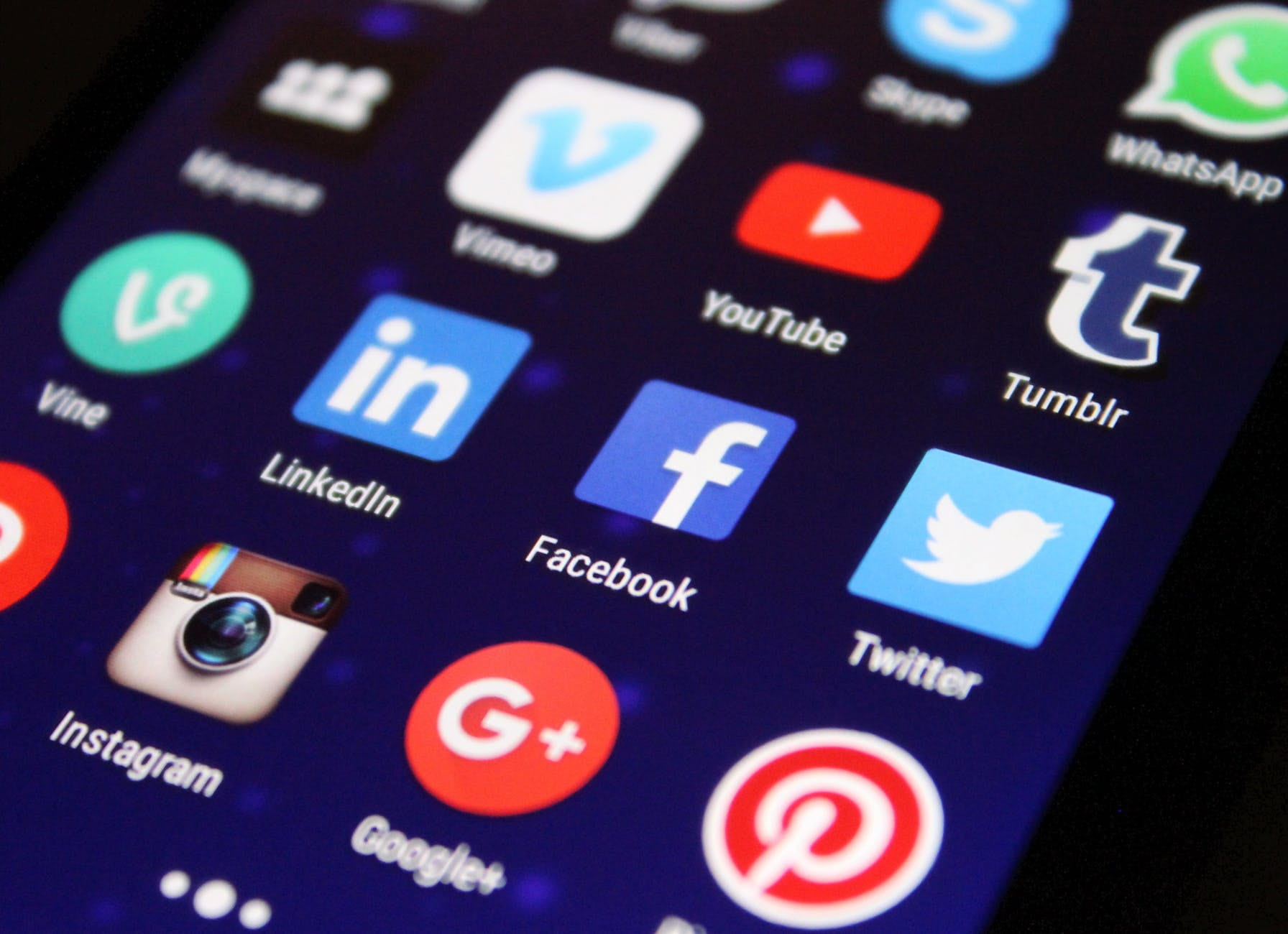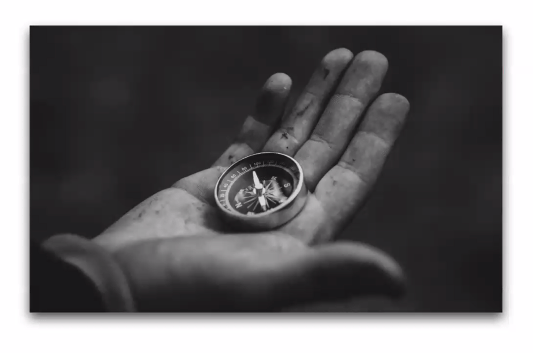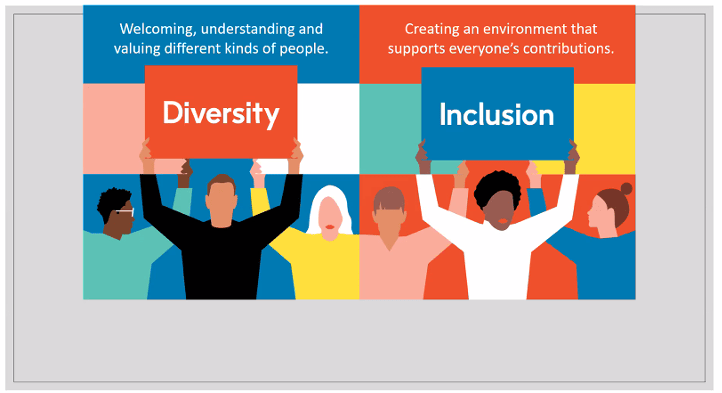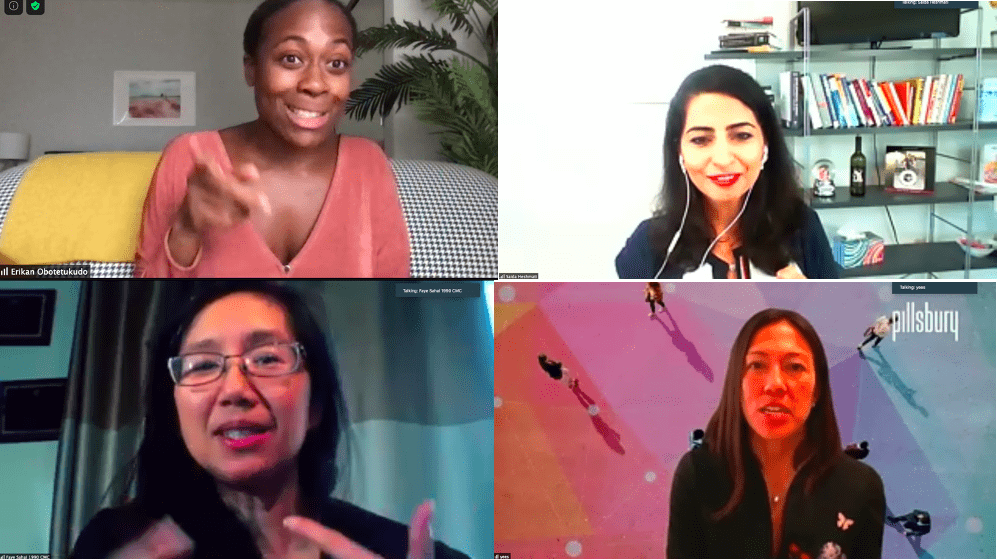There’s a reason we’re all chasing happiness all the time. According to Dr. Todd Kashdan (George Mason University), happy people are more successful and creative, have more meaningful relationships, are more resilient, and even have stronger immune systems. In last night’s Athenaeum presentation, Kashdan shared that despite these benefits, we cannot seem to stay happy. Why is that? There are two primary reasons. The first, according to Kashdan, is hedonic adaptation, or the process of becoming accustomed to new situations over time. Say we get a new car. At first it’s exciting – we’re smiling, we’re showing it off to others, we’re having a blast driving it – but eventually that novelty wears off as we get used to having that car in our life. We go back to our original level of happiness eventually, which is different for everyone. The second reason we have a hard time staying happy is due to a concept that Kashdan calls “emotional time travel.” “We’re terrible at predicting how something will make us feel,” Kashdan explains, yet we still try to predict anyway and make decisions based on this prediction.
Despite these setbacks to happiness, Kashdan assures us that “you can get better at achieving this thing called happiness.” Two helpful pathways that have come out of scientific research are gratitude interventions and kindness interventions. Writing in a journal once per week about who you’re grateful for and what you’re grateful for can lead to more happiness (but be careful not to make this more frequent as that can actually decrease your happiness, warns Kashdan). Acts of kindness can also boost your happiness, but only if there’s consistent effort and variety in what you do. If you only donate food to a food pantry and it’s only when you remember, then you won’t get that happiness boost. But consistently doing different types of acts of kindness, like donating, holding the door for someone, leaving a large tip, etc. will help. Even better? Make the activities match your personality. Are you outgoing? Optimistic? Do activities that fit well with who you are so that you’ll really feel the benefits.
This presentation was part of a 3-part series on Interdisciplinary Perspectives on Happiness. Follow @bergerinstitute for updates on future events!





